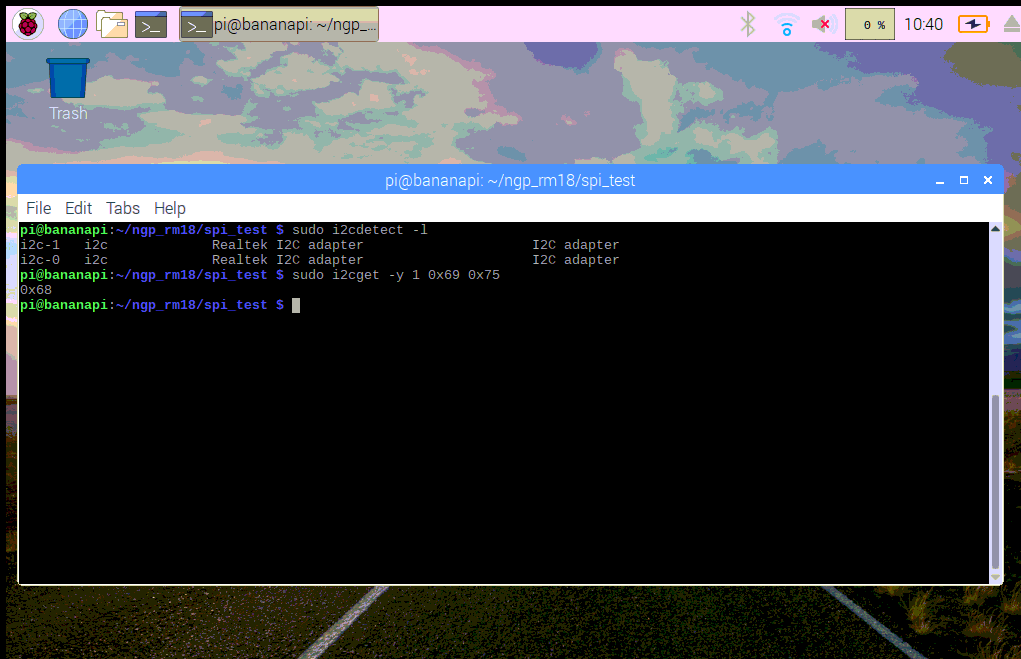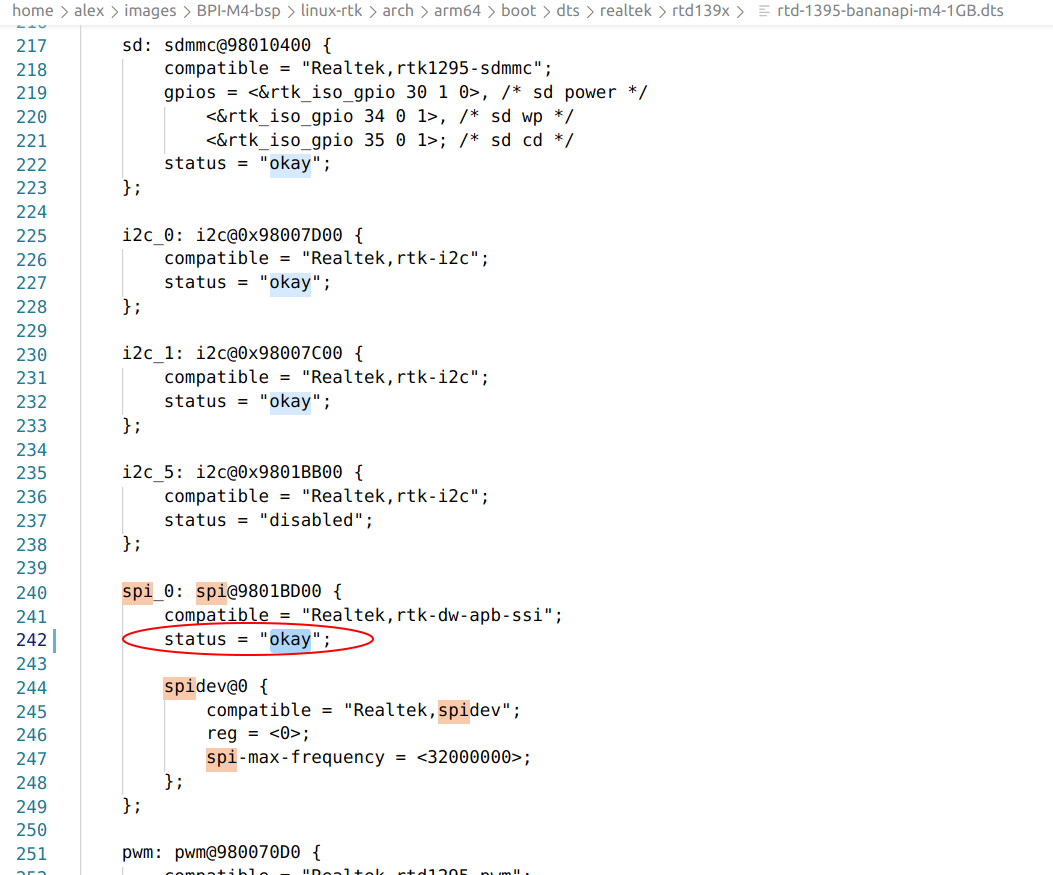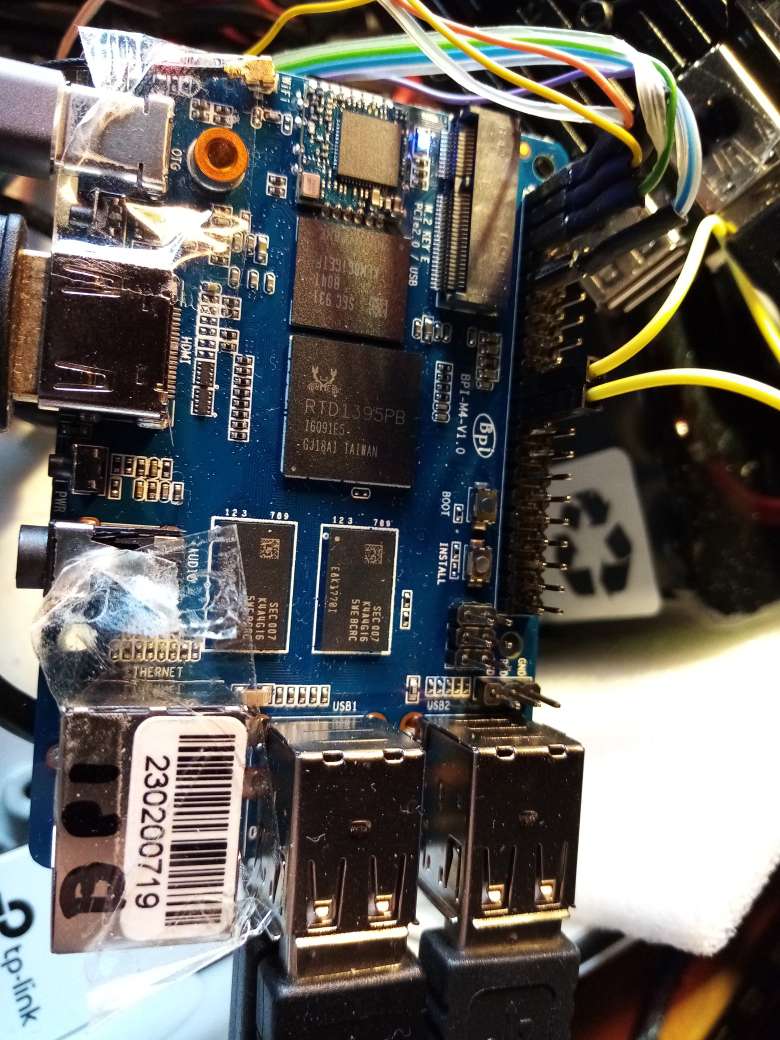Crafting Excellence: The Role of BSN Writing Services in Shaping Future Nurses”
Introduction: The Academic Backbone of the BSN Journey
Nursing is a field built on empathy, expertise, and evidence. As nurses evolve into BSN Writing Services professionals capable of making life-saving decisions, their education must provide not only clinical skills but also strong academic foundations. Among these foundations, writing stands as one of the most essential and demanding tasks. From patient reports to capstone projects, writing plays a critical role in developing a nurse's professional voice.
For students pursuing a Bachelor of Science in Nursing (BSN), the written word is a constant companion. Yet, many aspiring nurses find themselves overwhelmed by writing requirements due to time constraints, language barriers, unclear instructions, or limited exposure to academic research conventions. This is where BSN writing services step in—not as shortcuts, but as structured, ethical support systems.
These services help students navigate a complex educational landscape while strengthening their ability to express, analyze, and document nursing concepts. This article delves into the purpose, impact, structure, and ethical considerations of BSN writing services, emphasizing how they contribute to the professional excellence of nursing students.
Chapter 1: The Role of Writing in BSN Programs
1.1 More Than Assignments: Writing as a Clinical Skill
In a BSN program, writing is not just about submitting essays. It’s about:
-
Communicating patient data effectively
-
Documenting care plans and interventions
-
Creating health education materials
-
Reflecting on clinical experiences
-
Analyzing case studies
-
Proposing evidence-based improvements
Clear writing supports clear thinking—and in nursing, clear thinking saves Nursing Assignments Online lives. This makes writing not just an academic requirement, but a core clinical skill.
1.2 Types of Writing in a BSN Curriculum
BSN students are expected to produce:
-
APA-style research papers
-
Care plans and nursing diagnoses
-
Clinical journals
-
Literature reviews
-
Health promotion projects
-
Capstone projects
-
Patient education documents
Each of these requires specific formats, tones, and objectives. The wide range of writing types can overwhelm students, especially when guidance is limited or feedback is vague.
Chapter 2: Challenges Faced by BSN Students in Writing
2.1 Time Constraints and Clinical Schedules
Between lectures, lab work, and clinical rotations, BSN students often nurs fpx 4000 assessment 1 work 40–60 hours per week on academic obligations. Writing gets crammed into tight windows, leading to rushed work, stress, and poor performance.
2.2 Academic Writing Proficiency Gaps
Even smart, capable students may lack training in:
-
Academic tone and structure
-
APA citation
-
Evidence-based argumentation
-
Critical analysis of sources
These gaps can cause students to lose marks or feel incapable, even when they understand the content.
2.3 ESL and International Student Hurdles
For many students, English is not their first language. These learners face:
-
Grammar challenges
-
Misunderstanding assignment prompts
-
Trouble expressing complex ideas
-
Fear of plagiarism due to unclear paraphrasing
2.4 Emotional and Cognitive Load
Writing about emotionally intense topics—such as death, trauma, or health nurs fpx 4005 assessment 1 disparities—can trigger anxiety or distress. Without support, students may avoid assignments, miss deadlines, or burn out.
Chapter 3: What Are BSN Writing Services?
3.1 Defining BSN Writing Services
BSN writing services are professional academic support platforms specifically tailored for nursing students. They assist with:
These services differ from general writing help because they understand nursing theory, terminology, and educational standards.
3.2 Services Offered
A comprehensive BSN writing service may include:
-
Custom nursing paper assistance
-
Capstone and evidence-based practice project guidance
-
Assignment structuring
-
Journal and reflection support
-
Literature review writing
-
Patient education document development
-
Formatting and style tutorials
-
One-on-one coaching and editing
Their primary goal is not to replace student nurs fpx 4015 assessment 1 work, but to enhance understanding and execution.
Chapter 4: Academic and Professional Benefits of Writing Support
4.1 Improved Grades and Academic Confidence
With clear, structured support, students can:
4.2 Better Clinical Documentation Skills
BSN writing services often mirror real-world documentation practices. By mastering academic formats, students develop a better sense of:
-
Clarity and conciseness in clinical notes
-
Objectivity in patient reporting
-
Organized, logical thought processes
4.3 Support for Evidence-Based Practice
Through assistance in research sourcing, literature review structuring, and analysis, students learn how to:
-
Evaluate nursing journals
-
Apply evidence to clinical questions
-
Avoid anecdotal or biased reasoning
-
Propose scientifically sound interventions
These skills are essential for future practice as evidence-based nurses.
Chapter 5: Case Studies in Student Success
Case 1: Sarah, the ESL Nursing Student
Sarah moved to the U.S. from the Philippines and struggled with APA formatting and grammar. After partnering with a BSN writing service that provided sentence-by-sentence guidance, her grades improved, and her anxiety around writing diminished.
Case 2: Carlos, the Working Father
Carlos was a full-time nursing student with two children and a part-time job. Writing services helped him structure his papers in advance, allowing him to manage his time more efficiently and maintain both his GPA and work-life balance.
Case 3: Priya, the Overwhelmed Junior
Priya loved nursing but felt lost during her capstone. With the help of a writing consultant, she outlined her project, selected evidence-based sources, and received editing feedback. She graduated with honors and now mentors BSN students herself.
Chapter 6: The Structure of an Effective BSN Writing Service
6.1 Nursing Expertise
The best services employ professionals with backgrounds in:
-
Nursing education
-
Clinical practice
-
Academic writing
-
Healthcare communication
They understand not just how to write—but how nurses need to write.
6.2 Individualized Support
A reliable BSN writing service customizes support based on:
This personalization fosters skill development rather than dependency.
6.3 Feedback-Driven Learning
Good services don’t just correct errors. They:
-
Explain WHY something was changed
-
Suggest reading materials or tutorials
-
Provide models for future assignments
-
Encourage critical engagement
Chapter 7: Ethical Use of BSN Writing Services
7.1 Understanding Academic Integrity
Using BSN writing services ethically means:
-
Seeking help with drafts, outlines, or editing
-
Receiving tutoring or coaching
-
Learning how to cite properly
-
Avoiding plagiarism or ghostwriting
Unethical use (such as submitting purchased essays) undermines nursing education and puts licensure at risk.
7.2 Learning vs. Substitution
Support should enhance student learning, not replace it. Services should encourage:
-
Critical thinking
-
Independent reflection
-
Writing growth over time
Ethical services reinforce these goals by promoting transparency, integrity, and accountability.
Chapter 8: Long-Term Career Impact
8.1 Building Communication Skills for Practice
Writing well prepares nurses to:
-
Chart accurately
-
Write professional emails and memos
-
Create patient education handouts
-
Develop reports for policy or leadership roles
These skills translate directly to clinical excellence.
8.2 Enhancing Job and Grad School Applications
A polished writing portfolio strengthens:
8.3 Lifelong Confidence
Students who develop writing fluency report:
-
Lower stress under documentation pressure
-
Higher participation in interdisciplinary care
-
Greater involvement in research or advocacy
-
More readiness for leadership roles
Chapter 9: Choosing the Right BSN Writing Partner
To ensure you work with a legitimate and helpful service:
-
Look for nursing-specific expertise
-
Ask about sample work or writing style
-
Avoid promises of “guaranteed grades”
-
Check for plagiarism-free policies
-
Ensure collaboration, not substitution
-
Read reviews from verified nursing students
Remember, the goal is to grow your skills, not outsource them entirely.
Conclusion: Empowering Tomorrow’s Nurses, One Word at a Time
Writing is not an obstacle—it’s an opportunity. For BSN students, the ability to write well opens doors to clinical clarity, academic achievement, and career advancement. And in a profession where communication can mean the difference between life and death, that skill is priceless.
BSN writing services are not shortcuts. When used ethically, they are catalysts for excellence. They provide the support, tools, and mentorship students need to succeed—not just on a paper, but in a profession that depends on documentation, empathy, education, and advocacy.
Whether you're navigating APA format, developing a care plan, or writing your very first capstone, know this: you don’t have to do it alone. With the right guidance, your words can heal, inform, and lead.




